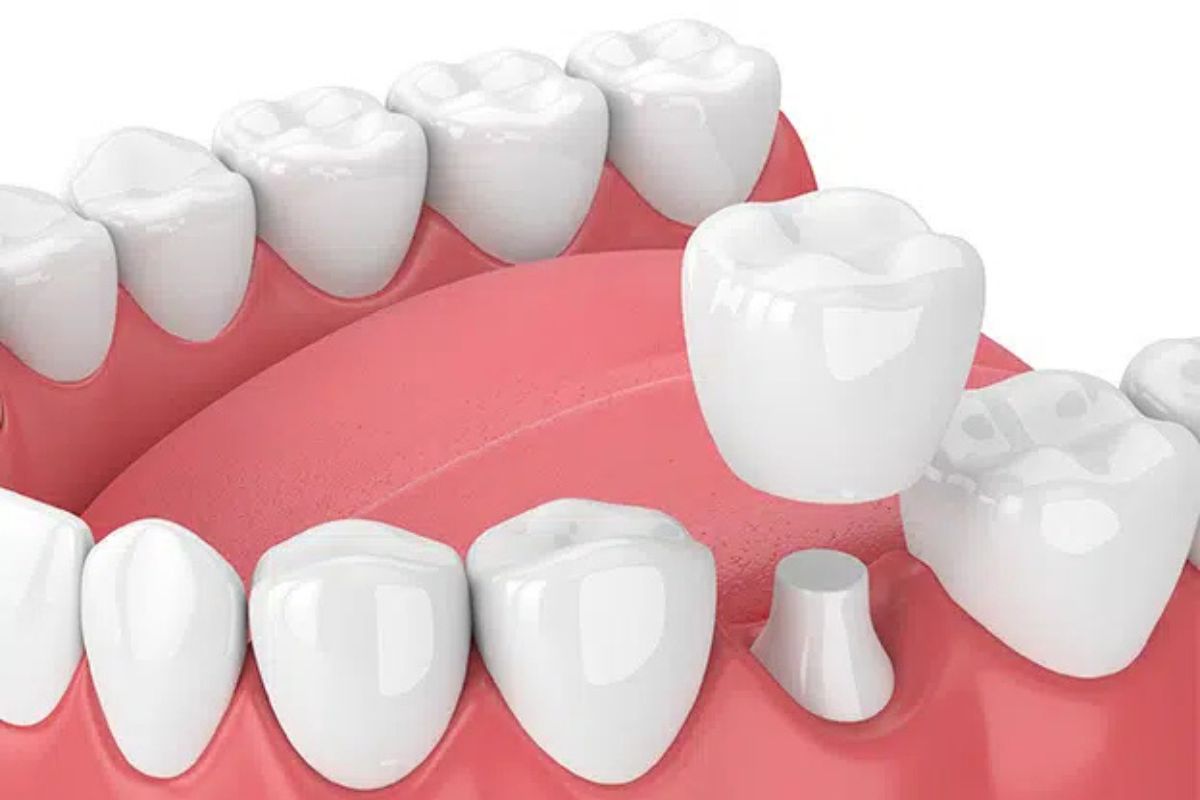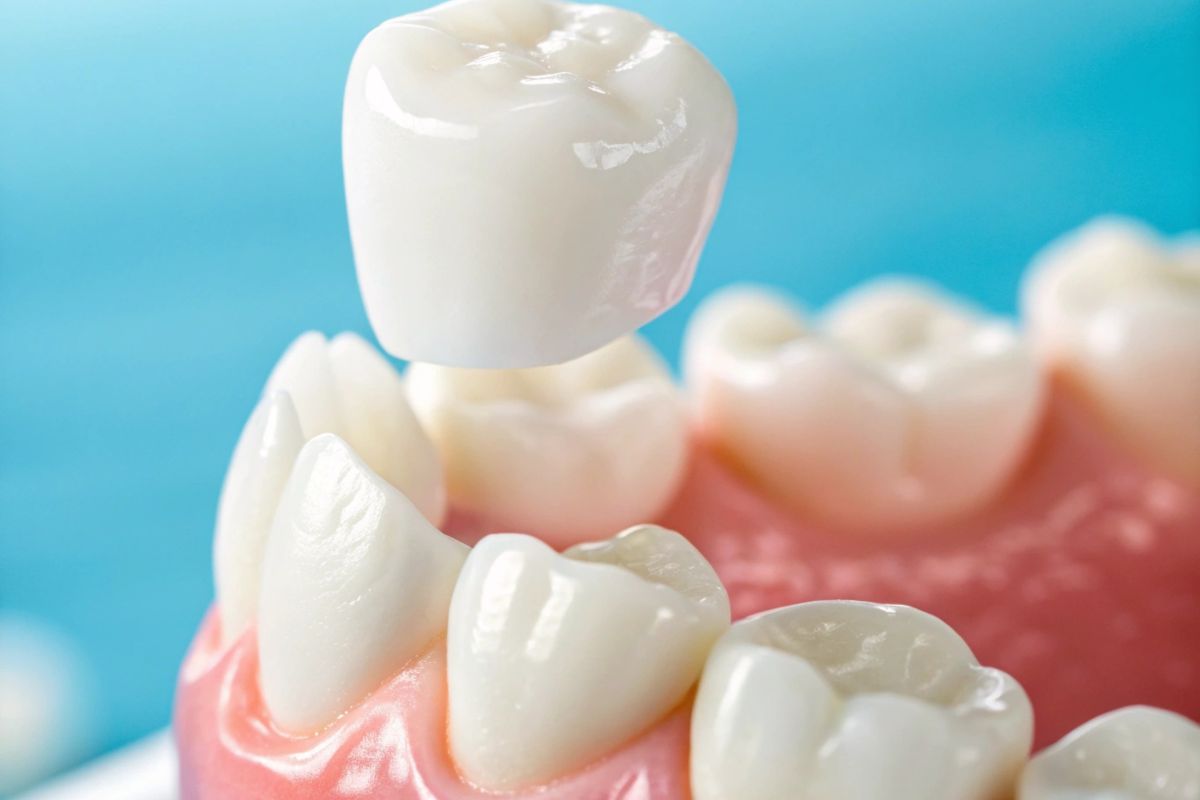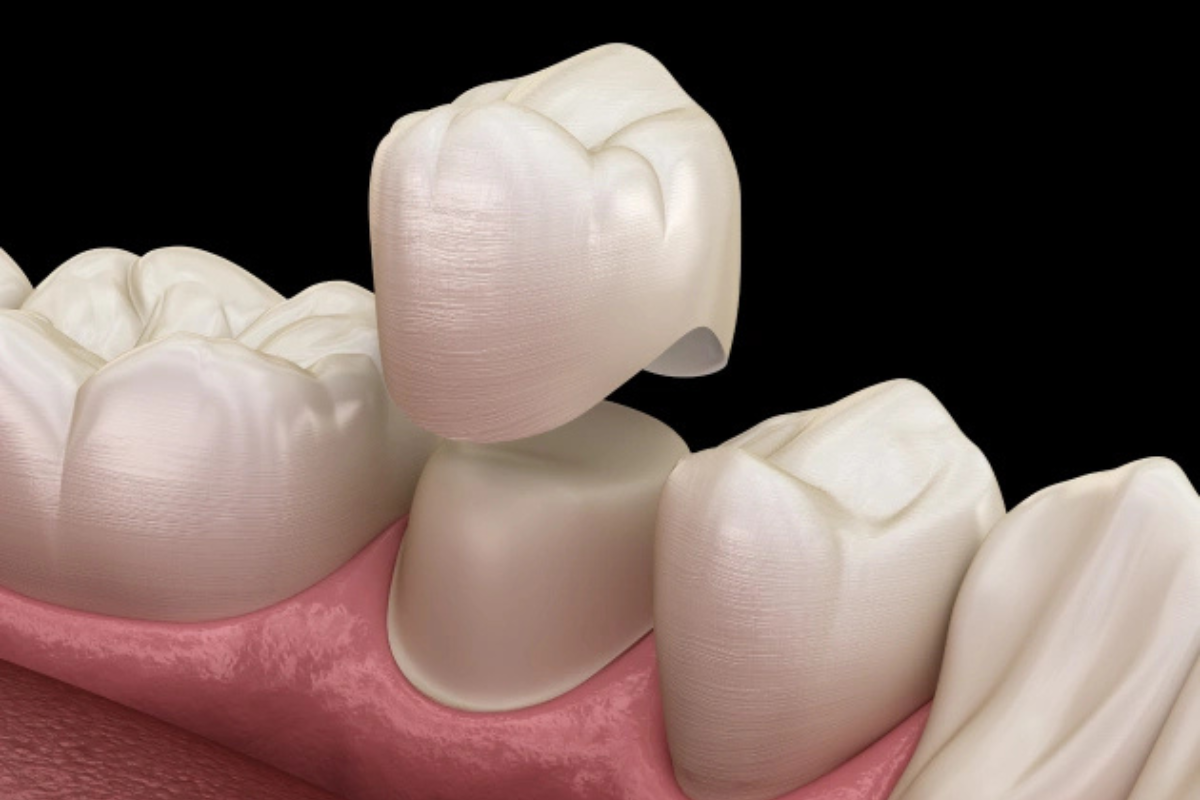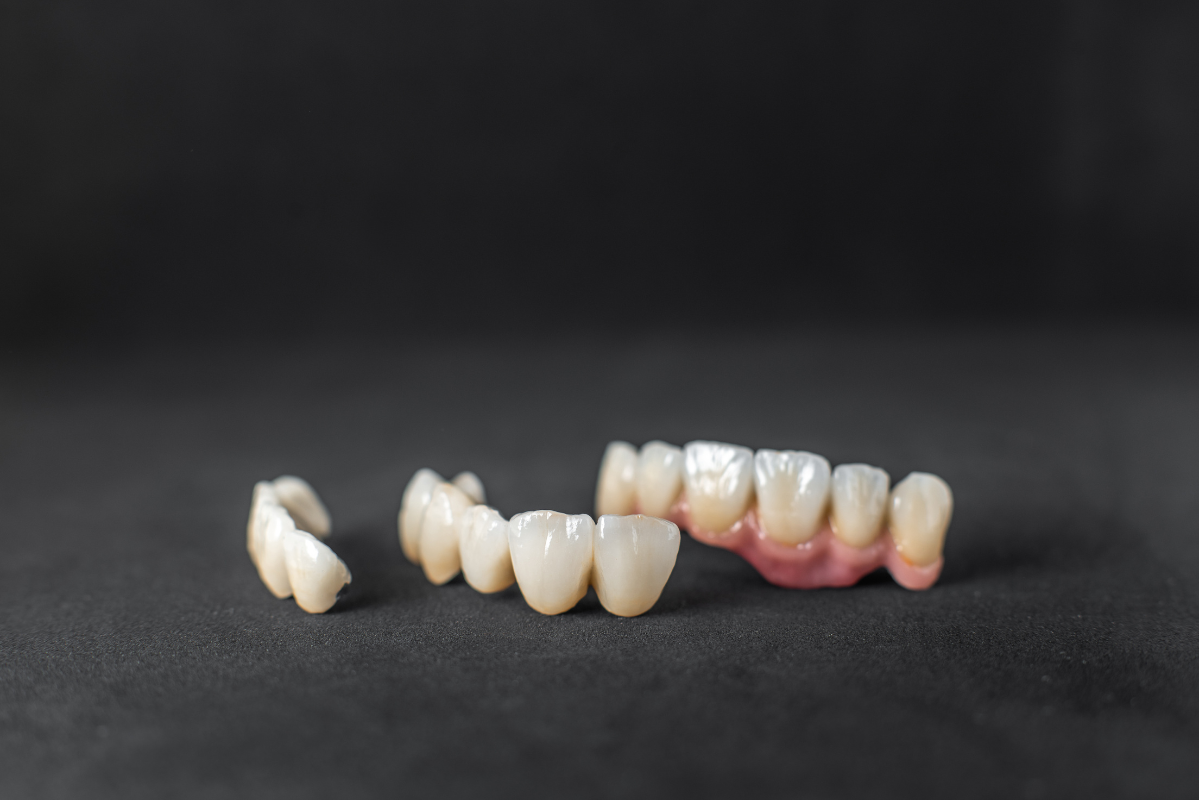
How To Treat A Toothache At Home
April 5, 2024
Toothache
A toothache can be a relentless and agonizing experience, often striking at the most inconvenient times. Whether it’s a dull ache or a sharp, shooting pain, a toothache can disrupt your daily life and make simple tasks seem daunting. While seeking professional dental care is essential for long-term relief and treatment, there are several home remedies and strategies you can employ to alleviate discomfort in the meantime. In this comprehensive guide, we’ll explore various approaches to treating a toothache at home, providing you with practical tips and insights to ease your pain and promote oral health.
Cold Compress or Ice Pack
One of the simplest and most effective ways to alleviate toothache pain is by applying a cold compress or ice pack to the affected area. Cold therapy can help reduce inflammation and numb the nerves, providing temporary relief from discomfort. Simply wrap a few ice cubes in a towel or use a commercial cold pack, and apply it to the outside of your cheek near the painful tooth for 15-20 minutes at a time.
Saltwater Mouthwash
Rinsing your mouth with a saltwater solution can help reduce inflammation and kill bacteria, providing relief from toothache pain. To make a saltwater mouthwash, dissolve half a teaspoon of salt in a glass of warm water and swish it around in your mouth for 30 seconds before spitting it out. Repeat this several times a day, especially after meals and before bedtime, to help soothe the affected area.
Painkillers
Over-the-counter pain medications such as ibuprofen or acetaminophen can help alleviate toothache pain and reduce inflammation. Follow the dosage instructions provided on the packaging, and avoid exceeding the recommended dose. If you have any underlying medical conditions or are taking other medications, consult your healthcare provider before using painkillers.
Garlic
Garlic is renowned for its antibacterial and anti-inflammatory properties, making it a popular home remedy for toothache relief. Crush a clove of garlic to release its juices, then apply it directly to the painful tooth or chew on it gently to release its beneficial compounds. Alternatively, you can mix crushed garlic with a pinch of salt and apply the paste to the affected area for temporary relief.
Peppermint Tea
Peppermint tea contains menthol, which has natural numbing properties that can help alleviate toothache pain. Brew a cup of peppermint tea, allowing it to steep for several minutes before drinking. You can also allow the tea to cool slightly and use it as a mouth rinse for added relief. Repeat this several times a day as needed to soothe your toothache.
Thyme
Thyme is another herb that boasts antibacterial and anti-inflammatory properties, making it a valuable ally in the fight against toothache pain. Prepare a thyme infusion by steeping dried thyme leaves in hot water for 10-15 minutes, then strain the liquid and allow it to cool. Use the thyme infusion as a mouthwash or apply it directly to the painful tooth for relief.
Aloe Vera
Aloe vera gel is well-known for its soothing properties, making it a popular remedy for various skin and oral ailments, including toothaches. Apply a small amount of aloe vera gel directly to the affected tooth and gums, massaging it gently for a few minutes to promote absorption. Repeat this process several times a day to help reduce inflammation and alleviate pain.
Hydrogen Peroxide Rinse
Rinsing your mouth with a hydrogen peroxide solution can help kill bacteria and reduce inflammation, providing relief from toothache pain. Mix equal parts of hydrogen peroxide (3%) and water to create a mild solution, then swish it around in your mouth for 30-60 seconds before spitting it out. Be sure not to swallow the solution, and rinse your mouth thoroughly with water afterward.
Cloves
Cloves contain eugenol, a natural anesthetic that can help numb the nerves and alleviate toothache pain. You can apply clove oil directly to the affected tooth using a cotton swab or mix it with a carrier oil such as coconut oil for easier application. Alternatively, you can place a whole clove on the painful tooth and bite down gently to release its numbing compounds.
Takeaway
While these home remedies can provide temporary relief from toothache pain, it’s important to remember that they are not substitutes for professional dental care. If you experience severe or persistent toothache pain, or if you notice any signs of infection such as swelling, fever, or drainage from the affected area, it’s crucial to seek prompt attention from a qualified dentist. Remember, maintaining good oral hygiene practices, such as brushing and flossing regularly and attending regular dental check-ups, is key to preventing toothaches and other dental problems in the first place.
When to See a Dentist
If your toothache persists for more than a few days, worsens over time, or is accompanied by other symptoms such as fever, swelling, or difficulty breathing or swallowing, it’s important to seek professional dental care as soon as possible. A qualified dentist can assess the underlying cause of your toothache and recommend appropriate treatment options to address the issue effectively. Delaying treatment for a toothache can lead to complications and may result in further damage to your oral health, so don’t hesitate to schedule an appointment with an emergency dentist if needed.
In conclusion, while home remedies can provide temporary relief from toothache pain, they should be viewed as complementary to professional dental care rather than a substitute. By incorporating good oral hygiene practices into your daily routine and seeking timely treatment from a qualified dentist when needed, you can maintain a healthy and pain-free smile for years to come.
For lasting relief and comprehensive dental care, schedule an appointment with our experienced team today. Your oral health is our top priority.
More Blog Posts

Composite vs. Amalgam Fillings: Which Is Better for Your Smile?

How to Know When Your Dental Crown Needs Replacement

Dental Crown Problems & How to Fix Them

Caring for Your Dental Crowns: Do’s and Don’ts


